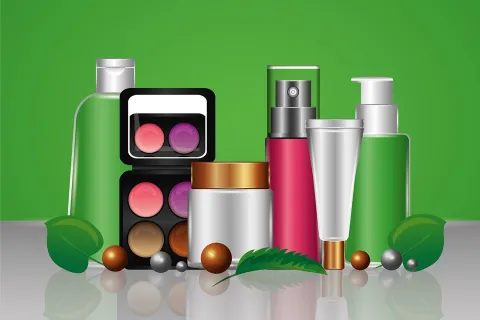
Imported Cosmetic products are regulated in India under the provisions of the Drugs & Cosmetic Act 1940 & Rules 1945. For importing Cosmetics in India, the products are required to be registered with the Central Drugs Standards Control Organization (CDSCO) by giving an application in Form 42 to obtain the Registration certificate in Form 43. For this, along with other mandatory documents, the applicants must also submit the documents like Power of Attorney (POA), Free Sale Certificate (FSC), which need to be notarized, embassy attested, or apostilled.
Standard Process
As per the standard process, the mandatory documents like POA, FSC, etc. must be duly notarized, apostilled/attested before the submission to the competent authority. This is an important step, failing to comply with which leads to queries from the CDSCO. However, considering the current pandemic situation and subsequent lockdowns in many countries, cosmetic stakeholders are unable to comply with the administrative requirements.
Hence, the CDSCO has decided to continue with their previous announcement i.e. to postpone the submission of notarized, apostilled, and embassy-attested copies of the documents. As per this declaration, the applicants may submit applications for import registration under the Drug and Cosmetics Act, 1940 and Rules 1945, along with self-attested documents and an undertaking that they will provide the notarized/apostilled documents with legal signatures after obtaining the same from the concerned authority once the situation returns to normal or within four (4) months, whichever is earlier. With this announcement, we are sure that you would want to relook into the Regulatory strategy for Indian cosmetics market-entry. Aim for compliance with a regional Regulatory expert.









